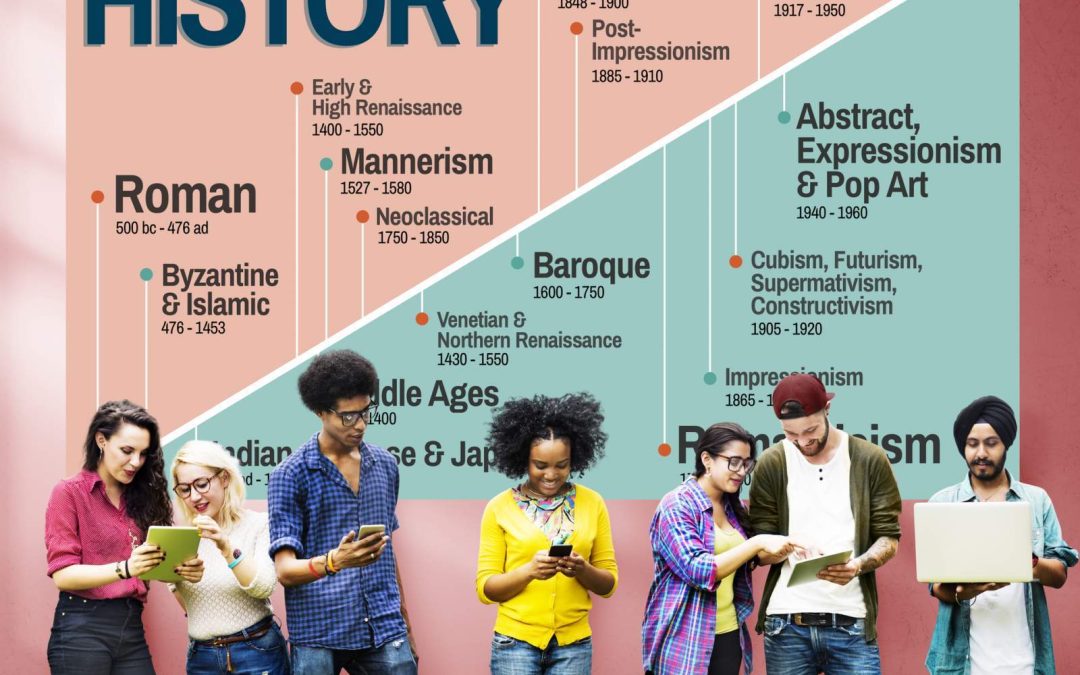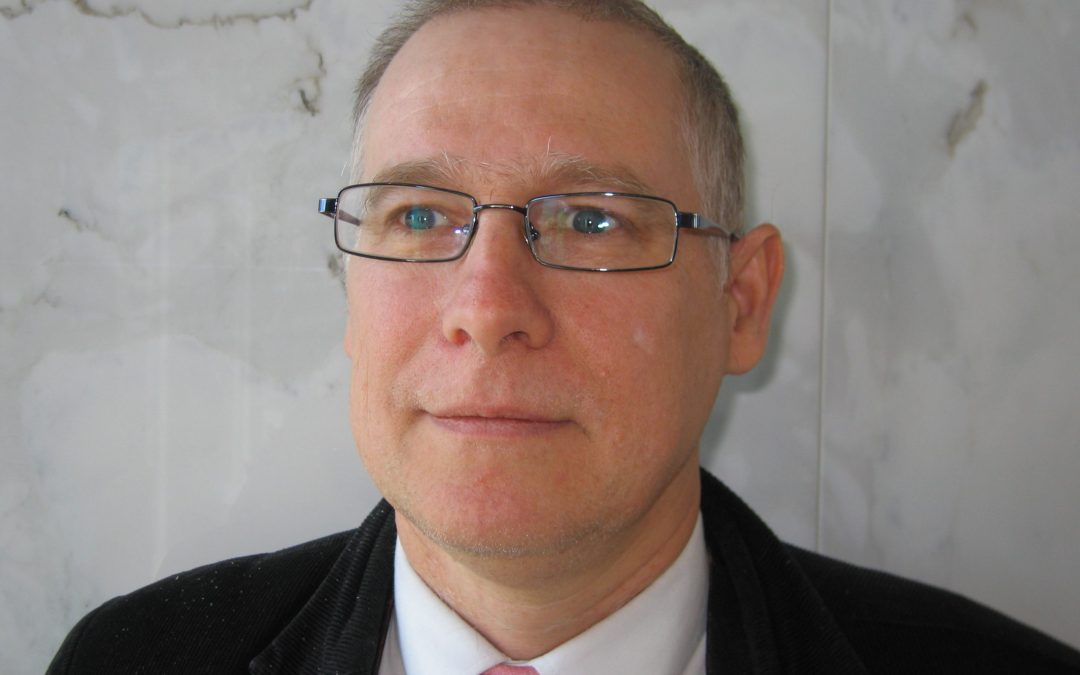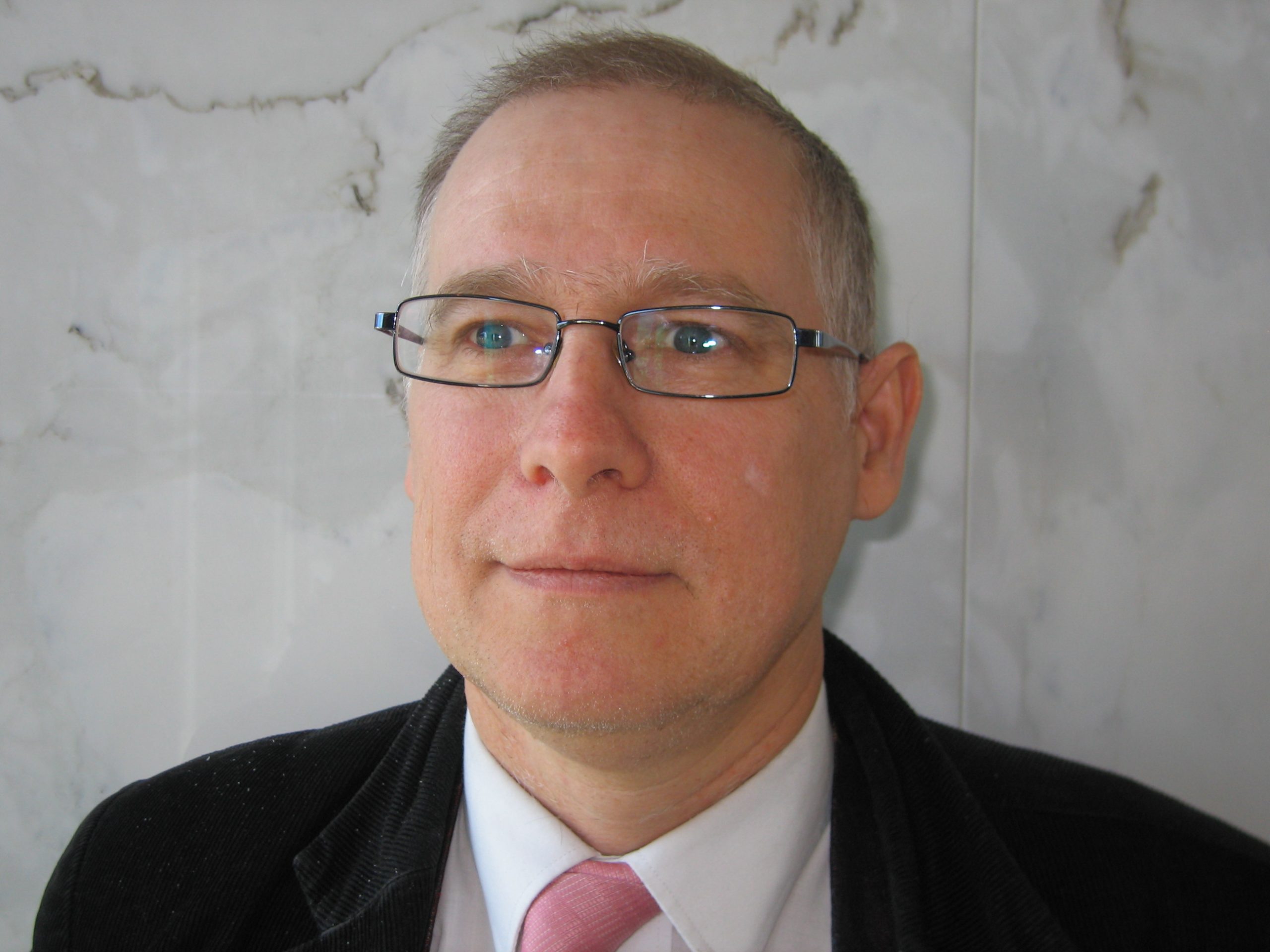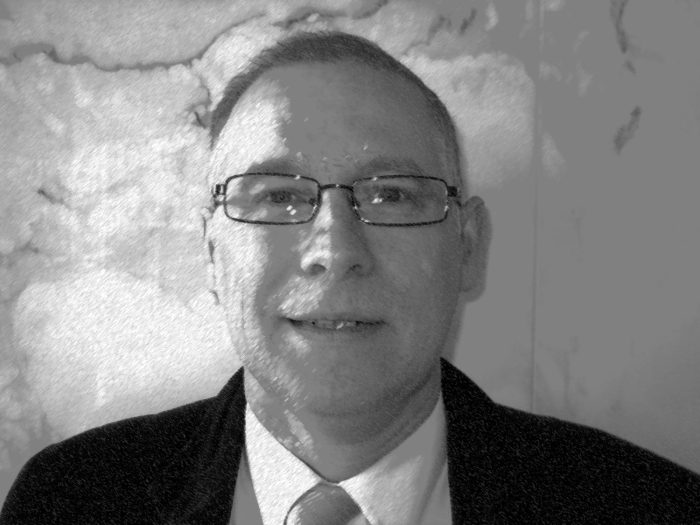
by Neville Buch | Jun 14, 2019 | Marketing
- Introducing History Service – Religion & Secular History
‘Religion & Secular History’ is a very large field, or, actually, the historical summation from many fields — religious history, studies of religion, philosophy of religion, world religions studies (anthropology and sociology), the psychology of religion, and so forth.
In exploring the almost-impossible question of ‘what is religion’, something of an answer can be formulated in ‘what is secularity’.
For more information, please go to [click]
ANNOUNCING…
2019 Australian Christian Higher Education Alliance (ACHEA) Conference, at the State Library of Queensland from Wednesday 31 July – Friday 2 August.
I will be presenting a paper on ‘Before and After 1989: The Conceptual Schemas, Christian Education, and Queensland Society.’
For more information, please go to [click]
THE MARKETING DEAL OF THE CENTURY!
This month only! If you ask for a service in Religion & Secular History, you will get 10% off the marketplace professional rate!
THE SCHOLARSHIP
The above announcement is a piece of satire. Like all satire, there is a grain of truth. People sometimes do not get satire, so I will explain. Public history was once supported by public institutions. Under the narrative of neo-liberal economies, public history is now expected to be supported by the market. The problem, as explained by the best and honest economists, is that there are some areas of society that are not meant to be placed on the market, those areas that can never be ‘efficient’ (in reality) through competition policy. Researched education, learning and scholarship, is one of those areas.
Since neo-liberal politicians have won the day, those of us who are professional humanities and social science workers have been forced into a choice, with the exception in the paper-thin token number of colleagues, luck enough to have one of the very few positions still open at universities, or other public institutions. We are forced to choose to abandon our careers in professional research, even as we have proved ourselves in higher degrees and quality publications, OR we place our services to the marketplace, until the day returns when we are sufficiently employed back in the public sphere.
The grain of truth in the above satire piece is that I will provide a history service for a price, negotiable around the Professional Historians Australia fee scale. The other business option is lobbying for the return of public funding levels to public institutions for the sufficient employment of professional researchers.
Image: ID 83852770 © Iqoncept | Dreamstime.com

by Neville Buch | Jun 21, 2019 | Marketing
- Introducing History Service – Historical Sociology
“Sociology began as a historical discipline, created by Marx, Weber and others, to explain the emergence and consequences of rational, capitalist society.”
The stories of historical sociology are today more complex, examining the origins of social revolutions or mass movements, empires and states, inequality, gender and culture.
For more information, please go to [click]
ANNOUNCING…
2019 Australian Christian Higher Education Alliance (ACHEA) Conference, at the State Library of Queensland from Wednesday 31 July – Friday 2 August.
I will be presenting a paper on ‘Before and After 1989: The Conceptual Schemas, Christian Education, and Queensland Society.’
For more information, please go to [click]
THE MARKETING DEAL OF THE CENTURY!
This month only! If you ask for a service in Historical Sociology, you will get 10% off the marketplace professional rate!
THE SCHOLARSHIP
The above announcement is a piece of satire. Like all satire, there is a grain of truth. People sometimes do not get satire, so I will explain. Public history was once supported by public institutions. Under the narrative of neo-liberal economies, public history is now expected to be supported by the market. The problem, as explained by the best and honest economists, is that there are some areas of society that are not meant to be placed on the market, those areas that can never be ‘efficient’ (in reality) through competition policy. Researched education, learning and scholarship, is one of those areas.
Since neo-liberal politicians have won the day, those of us who are professional humanities and social science workers have been forced into a choice, with the exception in the paper-thin token number of colleagues, luck enough to have one of the very few positions still open at universities, or other public institutions. We are forced to choose to abandon our careers in professional research, even as we have proved ourselves in higher degrees and quality publications, OR we place our services to the marketplace, until the day returns when we are sufficiently employed back in the public sphere.
The grain of truth in the above satire piece is that I will provide a history service for a price, negotiable around the Professional Historians Australia fee scale. The other business option is lobbying for the return of public funding levels to public institutions for the sufficient employment of professional researchers.
Image: ID 80312966 © Rawpixelimages | Dreamstime.com

by Neville Buch | Jun 28, 2019 | Marketing
- Introducing History Service – Community & Institution History
Community history refers to the practice of historical research and writing in interpersonal settings, either inside or outside institutions.
For more information, please go to [click]
ANNOUNCING…
Stephens at War Conference, at the Yeronga-Stephens RSL on 26 October.
I will presenting a paper on ‘Local History Beyond Appearance – To the hearts and minds of those who lived through World War I in the Stephens Shire.’
For more information, please go to [click]
THE MARKETING DEAL OF THE CENTURY!
This month only! If you ask for a service in Community & Institution History, you will get 10% off the marketplace professional rate!
THE SCHOLARSHIP
The above announcement is a piece of satire. Like all satire, there is a grain of truth. People sometimes do not get satire, so I will explain. Public history was once supported by public institutions. Under the narrative of neo-liberal economies, public history is now expected to be supported by the market. The problem, as explained by the best and honest economists, is that there are some areas of society that are not meant to be placed on the market, those areas that can never be ‘efficient’ (in reality) through competition policy. Researched education, learning and scholarship, is one of those areas.
Since neo-liberal politicians have won the day, those of us who are professional humanities and social science workers have been forced into a choice, with the exception in the paper-thin token number of colleagues, luck enough to have one of the very few positions still open at universities, or other public institutions. We are forced to choose to abandon our careers in professional research, even as we have proved ourselves in higher degrees and quality publications, OR we place our services to the marketplace, until the day returns when we are sufficiently employed back in the public sphere.
The grain of truth in the above satire piece is that I will provide a history service for a price, negotiable around the Professional Historians Australia fee scale. The other business option is lobbying for the return of public funding levels to public institutions for the sufficient employment of professional researchers.
Image: ID 60795061 © Rawpixelimages | Dreamstime.com

by Neville Buch | Jul 12, 2019 | Marketing
- Introducing History Service – Digital History Imagery
One of the new, contemporaneous, practices in local history is the creation of digital image galleries.
For more information, please go to [click]
ANNOUNCING…
I will not rob public archives, and I do not for personal gain. All material from public archives requires full acknowledge and ought to have its full interpretation disclose. And…
Stephens at War Conference, at the Yeronga-Stephens RSL on 26 October.
I will presenting a paper on ‘Local History Beyond Appearance – To the hearts and minds of those who lived through World War I in the Stephens Shire.’
For more information, please go to [click]
THE MARKETING DEAL OF THE CENTURY!
This month only! If you ask for a service in Digital History Imagery, you will get 10% off the marketplace professional rate!
THE SCHOLARSHIP
The above announcement is a piece of satire. Like all satire, there is a grain of truth. People sometimes do not get satire, so I will explain. Public history was once supported by public institutions. Under the narrative of neo-liberal economies, public history is now expected to be supported by the market. The problem, as explained by the best and honest economists, is that there are some areas of society that are not meant to be placed on the market, those areas that can never be ‘efficient’ (in reality) through competition policy. Researched education, learning and scholarship, is one of those areas.
Since neo-liberal politicians have won the day, those of us who are professional humanities and social science workers have been forced into a choice, with the exception in the paper-thin token number of colleagues, luck enough to have one of the very few positions still open at universities, or other public institutions. We are forced to choose to abandon our careers in professional research, even as we have proved ourselves in higher degrees and quality publications, OR we place our services to the marketplace, until the day returns when we are sufficiently employed back in the public sphere.
The grain of truth in the above satire piece is that I will provide a history service for a price, negotiable around the Professional Historians Australia fee scale. The other business option is lobbying for the return of public funding levels to public institutions for the sufficient employment of professional researchers.
Image: ID 59987722 © Panupong Naksuppamit | Dreamstime.com

by Neville Buch | Oct 29, 2024 | American-Australian Relational History, Concepts in Educationalist Thought Series
Jason Koutsoukis’ In like Glyn in The Monthly, November 2024, provides an excellent insight into the person of Professor Glyn Davis and the better politics.
I worked for Professor Glyn Davis in Office of Vice-Chancellor, The University of Melbourne, during the planning and implementation of the Melbourne Model. Professor Davis is a brilliant thinker. There are several points in Koutsoukis’ articles which shows the brilliant thinking and better politics, and overlaps the thinking of Glyn and myself: common understanding from Queensland and the United States, framing from planned moderate progressivism, and a passion for the humanities and the social sciences, and a hope that Australia can resisted the Trumpian influences.
- Although Glyn Davis came out of New South Wales, he is “a thinking Queenslander” in his roles for Queensland recent past;
- Davis had post-doctoral appointments as a Harkness Fellow at the University of California, Berkeley, the Brookings Institution in Washington DC and the John F. Kennedy School of Government at Harvard University. I had personal conversations with my boss our our separate times in the United States. I remember one story. I had studied philosophy at Melbourne at the time, and Glyn told me that while in the States he took the opportunity to study Aristotle. I was impressed;
- The Melbourne Model is an example of a planned moderate progressivism coming straight out of the philosophy of Aristotle, interpreted by the arguments of contemporary philosophy;
- Koutsoukis picks up Davis’ passion for the humanities and the social sciences:
- “What is he thinking about? …A line of verse that caught his eye while browsing the poetry section at Readings bookstore in Melbourne? A Sydney art exhibition he dare not miss? Any one of a number of pieces he has promised to Australian Book Review or Meanjin? The latest Tom Stoppard play? His grandson? Such is the breadth of Davis’s passions and intellectual curiosity that all of the above are possible.”
- “Then under the spell of his first mentor, the famous Australian public intellectual Donald Horne, Davis must surely have been tempted by the cycle of observation, speculation and prolific writing that marked Horne’s own life in journalism.”
- “…the character named Horne in Frank Moorhouse’s 1976 novella Conference-ville, to ‘miss nothing and take one of everything”.’
- “The thinking and the journey are one.”
- “At Marist, Glyn leant hard into the humanities. Less interested in sport than his brothers, he took up classical guitar and, later, the clarinet.”
- “…It was there, in the political science department, that he first encountered Horne…”
- “By the time Davis was finishing his honours thesis in 1981, a dissertation on the fledgling radio station 2JJ (set up by the Whitlam government to extend the appeal of the ABC to younger audiences), he was an occasional guest at Horne’s Woollahra terrace, where the precocious undergraduate would dazzle other guests with the depth of his reading on abstruse topics such as French philosopher Michel Foucault’s analysis of power.”
- “Davis wrote later in The Craft of Governing: The contribution of Patrick Weller to Australian political science.”
- “Armed with his doctorate, Davis immediately took up a position in the public policy program at Griffith University in Brisbane at the beginning of 1985.”
I obtained my doctorate at the University of Queensland in 1995. I was first employed as a full-time contract with Professor Roy Webb of Griffith University, and then permanently by Professor Alan Gilbert of the University of Melbourne, and was kept on in the position of Research Officer by Professor Davis. I resigned in late 2009 from the position, due to the deep desire of my (now late) wife, Ruth Elizabeth Buch (nee Lohmann), for the family to return to Brisbane, Queensland. There was another reason for the resignation. I want to do the work I am doing now. Pity, that I am not paid
No, It is shameful that I am not paid. Another Aristotelian concept interpreted in modernity.
Featured Image: Dr Neville Buch, Research Officer, Office of Vice-Chancellor, The University of Melbourne.








